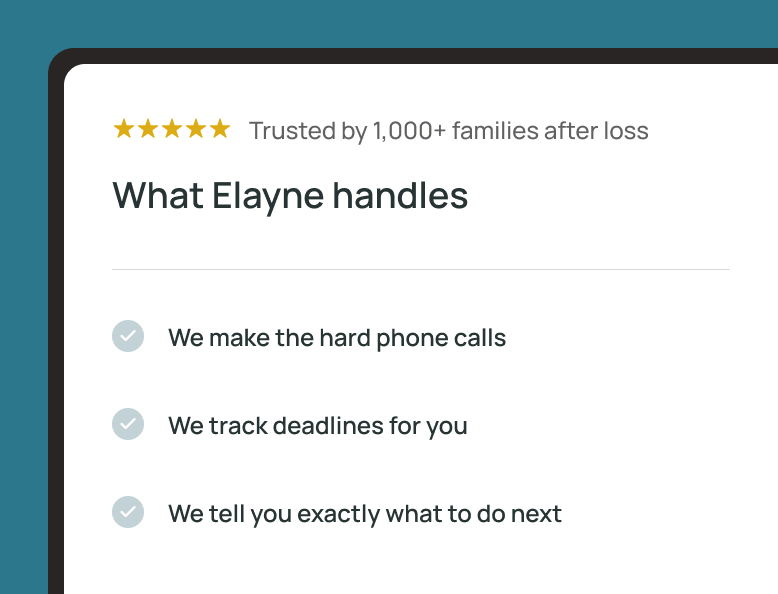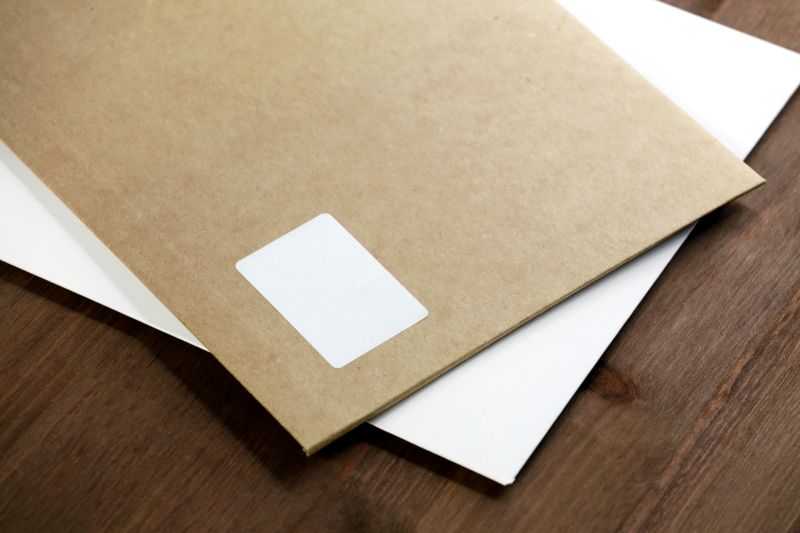How Long Does It Take to Get a Death Certificate? What to Expect and How to Prepare
Key Takeaways:
- A death certificate is essential for settling legal and financial matters after a person’s death.
- You can request one through a funeral home, local government office, or online, depending on your location.
- Processing times vary by state and method, typically ranging from a few days to several weeks.
A death certificate is a crucial legal document used to close accounts, settle estates, and access benefits. After the loss of a loved one, understanding how to obtain a death certificate and how long it might take can ease the administrative burden during a difficult time. This guide gently walks you through the process so you know what to expect and how to plan.
1. What Is a Death Certificate and Why Is It Important?
A death certificate is an official document issued by a government agency that records the date, location, and cause of a person's death. It serves as legal proof that someone has passed away and is required for many post-death processes.
Common uses include:
- Filing life insurance claims
- Settling estates and accessing bank accounts
- Notifying the Social Security Administration
- Transferring property or closing utility accounts
There are two main types:
- Certified copies, which are official and legally valid for financial or legal use
- Informational copies, which are often used for genealogical or personal purposes and are not legally binding
2. Who Issues a Death Certificate?
Death certificates are usually issued by a state or county vital records office. While the exact process varies by location, here’s a general overview:
- Funeral homes typically file the initial death record paperwork with the state on your behalf.
- The attending physician, coroner, or medical examiner is responsible for certifying the cause of death.
- Once the death is recorded and certified, the vital records office processes the document and issues certified copies upon request.
3. How to Request a Death Certificate
You can request a death certificate in several ways:
- Through the funeral home that handled arrangements
- In person at the county or state vital records office
- By mail, submitting forms and identification
- Online, using state portals or authorized third-party services
To request a death certificate, you typically need:
- Valid government-issued ID
- Proof of relationship to the deceased (for certified copies)
- Completed application forms
- Payment (credit card, check, or money order)
Fees vary by state and can range from $10 to $30 per copy.
4. How Long Does It Take to Get a Death Certificate?
Processing times depend on how and where you request the document. On average:
- Funeral home: 1–2 weeks
- By mail: 2–4 weeks
- Online: 1–3 weeks (can vary by service and location)
Several factors may delay issuance, including:
- Investigation of the cause of death (e.g., autopsy required)
- Incomplete or inaccurate information on the death report
- High demand, especially during public health crises like COVID-19
Death certificate processing time can vary significantly by state, so it's wise to check your local vital records office for current timelines.
5. Can You Expedite a Death Certificate Request?
Yes, many states offer expedited services for an additional fee. This is especially helpful when you face legal or financial deadlines.
Expedited services may be available:
- Through express mail delivery
- Via in-person priority processing
- Using authorized online providers with rush options
To reduce delays:
- Double-check all paperwork for accuracy
- Follow up with the vital records office if you haven’t received it in the estimated timeframe
- Request multiple copies in one application to avoid repeat processing
6. How Many Death Certificates Should You Order?
Most people need 5 to 10 certified copies. Multiple agencies often require their own official copy and won’t accept a photocopy.
Certified death certificates are usually needed by:
- Banks and financial institutions
- Insurance companies
- Government benefit agencies
- Probate courts and attorneys
Cost per copy varies, but ordering extras at the time of death is often more cost-effective than reordering later.
7. Special Circumstances and Common Issues
- Out-of-state or international deaths: You’ll need to coordinate with that region’s vital records office. The U.S. embassy or consulate can assist if the death occurred abroad.
- Errors on the death certificate: These must be corrected through an amendment process, which usually requires supporting documentation and a formal request.
- Not legal next-of-kin: If you aren’t a direct relative, you may only be eligible for an informational copy. Exceptions apply with legal documentation (e.g., executor of the estate).
FAQs
Q1: Can I get a death certificate if I’m not a family member?
In most cases, only immediate family members or legal representatives can request certified copies. Others may receive an informational version.
Q2: What if the death certificate has incorrect information?
You can request a correction through the vital records office. Supporting documents and a notarized application may be required.
Q3: How do I check the status of a request?
Most state websites or third-party services provide a way to track your order online or by phone.
Q4: Are death certificates public records?
This varies by state. Some states restrict access to certified copies, while others allow broader access to informational versions.
Q5: Can I use a photocopy instead of a certified death certificate?
No. Legal and financial institutions usually require original, certified copies.
Understanding the process of obtaining a death certificate—and how long it typically takes—can help ease stress during a time of loss. Whether you're managing a loved one's affairs or simply preparing ahead, knowing the steps, timelines, and options puts you in a stronger position to handle what's next with confidence and care.












































